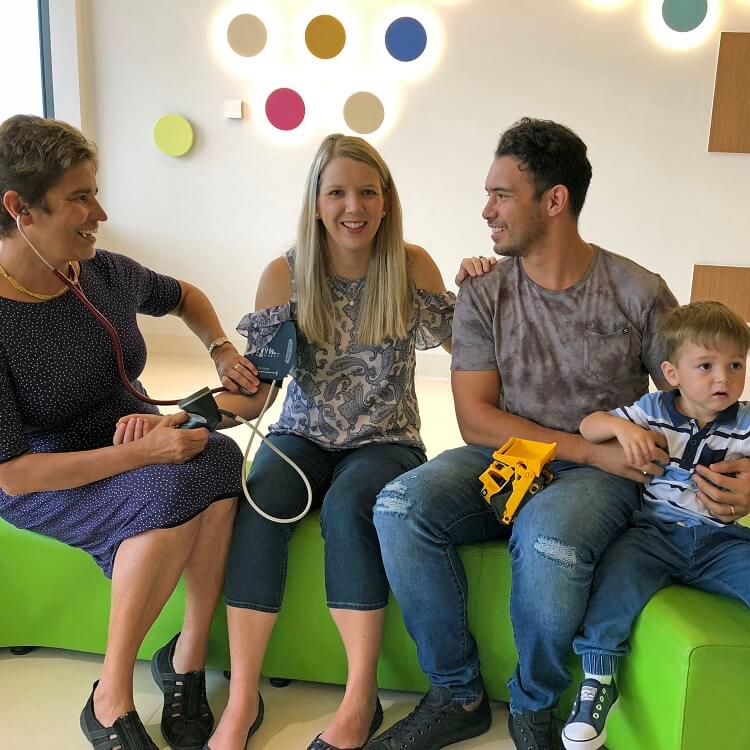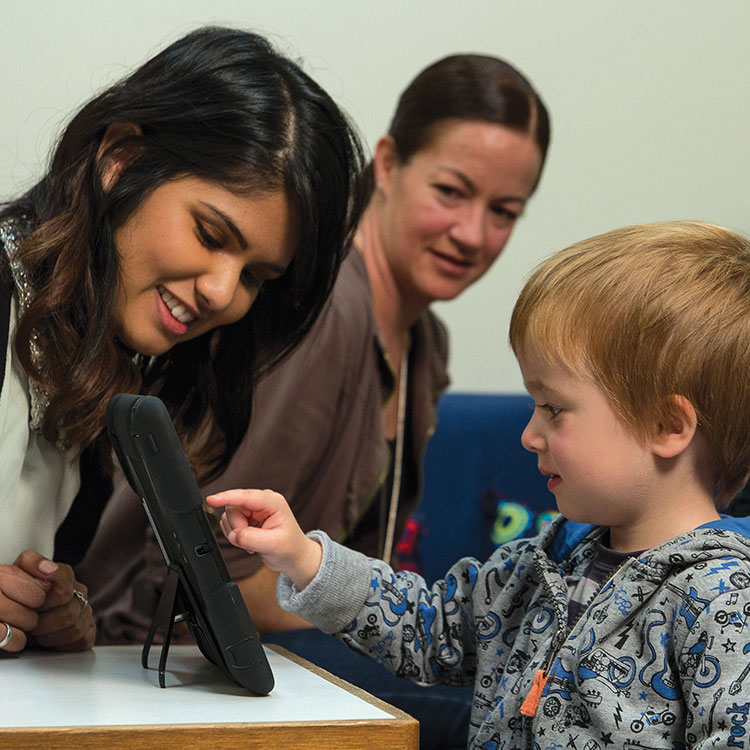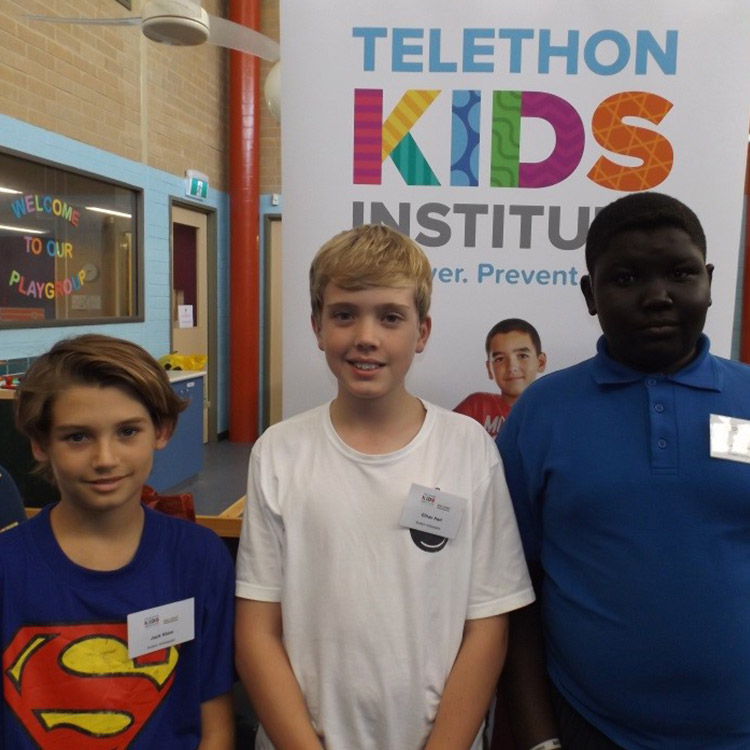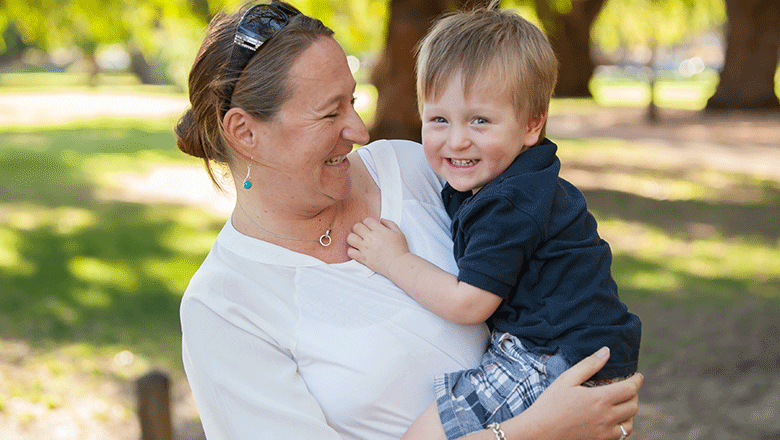Search

News & Events
ORIGINS reaches key milestoneORIGINS, a collaboration between The Kids and the Joondalup Health Campus, has achieved a major milestone – recruiting its 1000th family.

News & Events
New CoLab funding supports innovative therapeutic playgroup trialIt’s hoped a new therapeutic playgroup being trialled in Perth will help parents and caregivers cut through the stress and become more confident.

News & Events
Register for the 2017 Annual Community Lecture: David Bloom on Child Health and the Wealth of Nations (Nov 1)Register now to attend this compelling talk at the Heath Ledger Theatre in Perth on the evening of Wednesday, November 1 2017.

News & Events
Children with autism may benefit from app-based therapiesA The Kids Research Institute Australia study has shown that in addition to intervention with trained therapists, children with autism may benefit from app-based therapies.

News & Events
Project helps Ethan belongEthan recently took part in Belong, a study led by The Kids which aims to ensure deaf and hard of hearing kids have a happy & positive school experience

News & Events
Australian Early Development Census National ConferenceThe Australian Early Development Census National Conference 2015 will be held from 18-20 February 2015.
News & Events
Child and Family Centres providing important support for parentsTasmania's Child and Family Centres are having a positive impact on parent's use and experiences of services and supports for young children

News & Events
Key study unveils significant link between hospital admissions and kids with ADHDNew research from The Kids Research Institute Australia has revealed a significant link between kids with severe ADHD and higher rates of early childhood hospital admissions.
News & Events
$2 million boost to child development researchResearchers at Perth's The Kids for Child Health Research have been awarded a prestigious Australian Research Council linkage grant
News & Events
Parental fear leads to inactive 'cottonwool' kids: studyParental fear leads to inactive 'cottonwool' kids. Children's development and wellbeing are under threat because their parents are fearful of strangers
